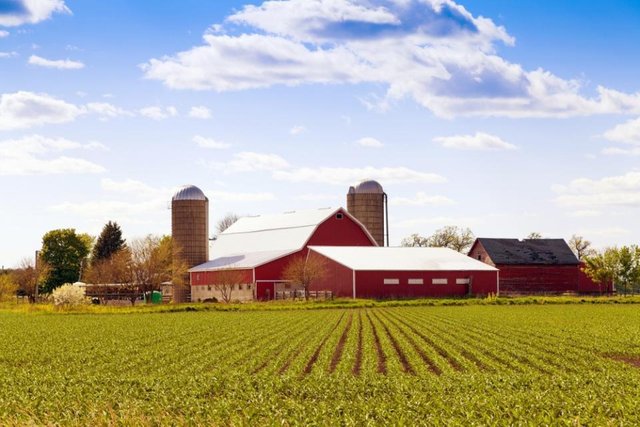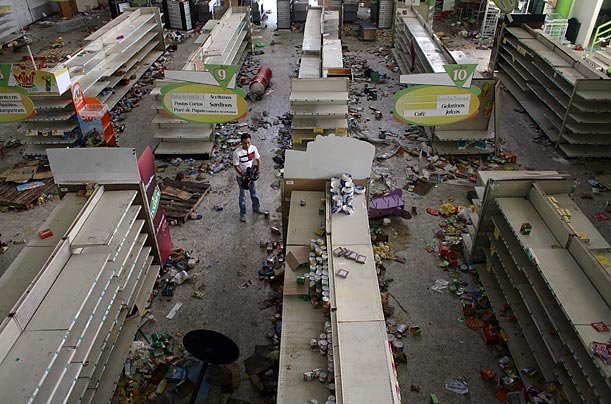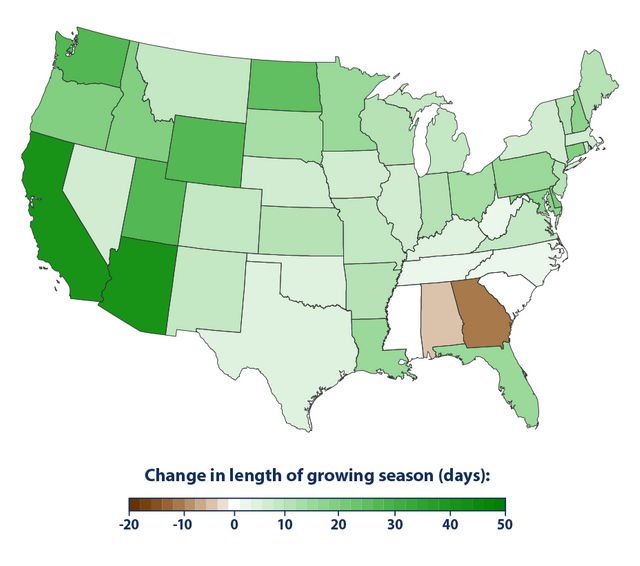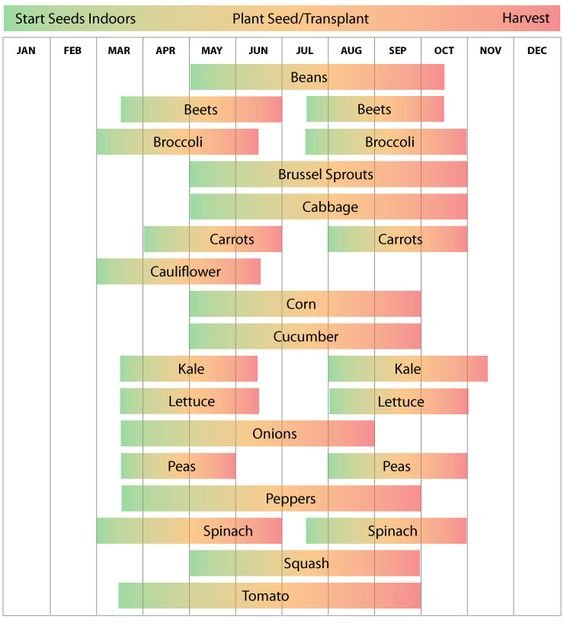If you were alive in 1790, you most likely would have made your living by farming, as 90% of the people living back then did. Fifty short years later in 1840, that number dropped to 69%. Pretty big drop, however most people were still involved in farming and learning to work their land in a productive manner. Another century later, and that number dropped to around 19%. We, as a society, became mechanized and industrialized. More opportunity awaited those who moved to the big cities, leaving their family farms behind.

Moving right along, by 1980 only 3.4% of the population contributed to the food supply, and by 1990 it slipped even further to 2.6%. Treaties such as NAFTA and GATT helped contribute to the decline of the US agricultural market, as did farm subsidies.
Miraculously, through this huge decline in farming as an occupation, we have somehow managed to keep most everyone fed over these past 200 years. However, our food supply is very precarious, and if anything were to happen to our ability to transport goods quickly, super markets would be cleaned out in a matter of minutes. Have you ever thought about what you would do to feed your family if the super market was no longer an option?

Growing Season:
Gardening is like anything else in life, you will get out of it what you choose to put into it. My wife starts things under her grow lights and in our small greenhouse, then transplants them into our garden when ready. One of the benefits of growing up on this farm is that I know the local growing season very well. This will be the first step in setting up your garden; consult with neighbors, your local extension office, and even the Farmer’s Almanac. Start things early indoors and get a jump on the growing season.

What to Plant?
Our survival garden is approximately 80’ x 90’ and we break it up into smaller sections with pathways between things so they can be easily reached for weeding and harvesting. We both have day jobs and part time jobs in addition to our farm, so we do not have to farm out of necessity, at least not yet. It does allow us to have fresh produce every day and the assurance of knowing that if anything happens we have the skill set and ability to grow our own food. Having been a prepper/survivalist minded person my entire life, I farm today not out of necessity but out of feeling the need to be prepared just in case something happens to interrupt the supply of food for my family.
I recommend planting what you like and if you have the time and space plant more that you can barter or sell as part of a home based business. We like corn, tomatoes, peppers, cucumbers, green beans, onions, potatoes, strawberries, and broccoli. We stagger our planting to allow us to have a continuous crop instead of all at the same time. For example, we plant corn rows 2 weeks apart for a 6 week spread of harvesting. Crops with very long growing spans do not lend themselves to this practice. You will have to plant everything at the same time and figure out how to can, or store, everything so you have a supply for winter.

Maximizing Available Space
You can grow crops just about anywhere there is enriched soil, water, and sunshine. If you live in an urban environment you can get window boxes to grow crops in, or if you have a small patio or balcony, these can work too.
Building elevated garden boxes takes a little bit of work, but can make gardening much easier by allowing you to work in an upright position. One of the things you need to keep mind is planting crops to take advantage of sunlight. Some crops, like corn, need full sun to develop properly. You need to follow instructions on how to plant each strain of your crops.
There are some excellent seed wheel planters available on E-bay and Amazon that allow you to properly plant your crops and they work pretty well. They are efficient and help you stay on track in your rows to maximize your available space.
If you're worried about the way things are headed and want to survive wheat's coming, then please Follow Me @survivalist.com For Daily Preparedness tips and training.
Nice article on some of the benefits of gardening food crops. I agree that real family security must include the skills and basic supplies (tools, open pollinate seeds, dirt and water, etc.) For the times when trucks stop rolling whether that is weather or other barriers to food delivery on a short term basis, have a generous stash of food stuff which does not need refrigeration or extensive energy resources for cooking, this is a short term disruption solution. But for a long term transportation challenges, months or years, survival will depend on your ability to feed yourself, family, community and the ability to protect what you have...... Regardless, gardening strengthens our immune systems, is great exercise and gives affordable access to fresh organic nutrition packed food...... nice post, thank you, oc
Downvoting a post can decrease pending rewards and make it less visible. Common reasons:
Submit
Great article but you overlooked the most important benefit of growing your own food, the health benefit. The only way you can be 100 % sure your food is safe is buy growing it yourself. Growing food for yourself and family is the only way to know for certain that its non gmo, pesticide free, and nutrient dense. Not to mention that it was grown with love, has superior freshness, and can be assured that it was picked under sanitary conditions, with nobody being exploited or underpaid to bring nature's fresh bounty direct to your table. Also it will be loaded with naturally occuring probiotics from the soil and air, as well as beneficial yeast and other micro organism and enzymes that promote health and are killed through flash pasturization, fumigation, chemical washes and wax coatings that are applied to commercial crops. So start a garden and get healthy to dramatically improve your quality of life!
Downvoting a post can decrease pending rewards and make it less visible. Common reasons:
Submit
Great point @silversurfer! It's the only way to know for sure... you are what you eat!
Downvoting a post can decrease pending rewards and make it less visible. Common reasons:
Submit